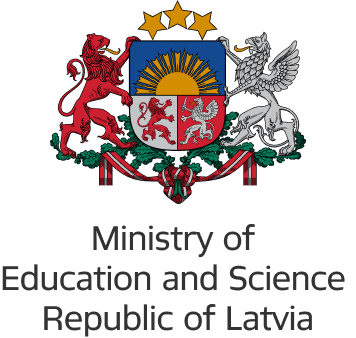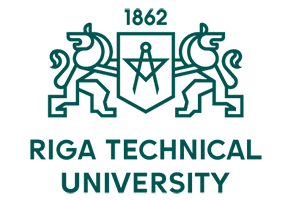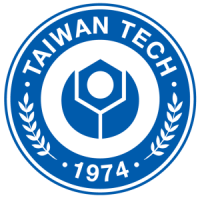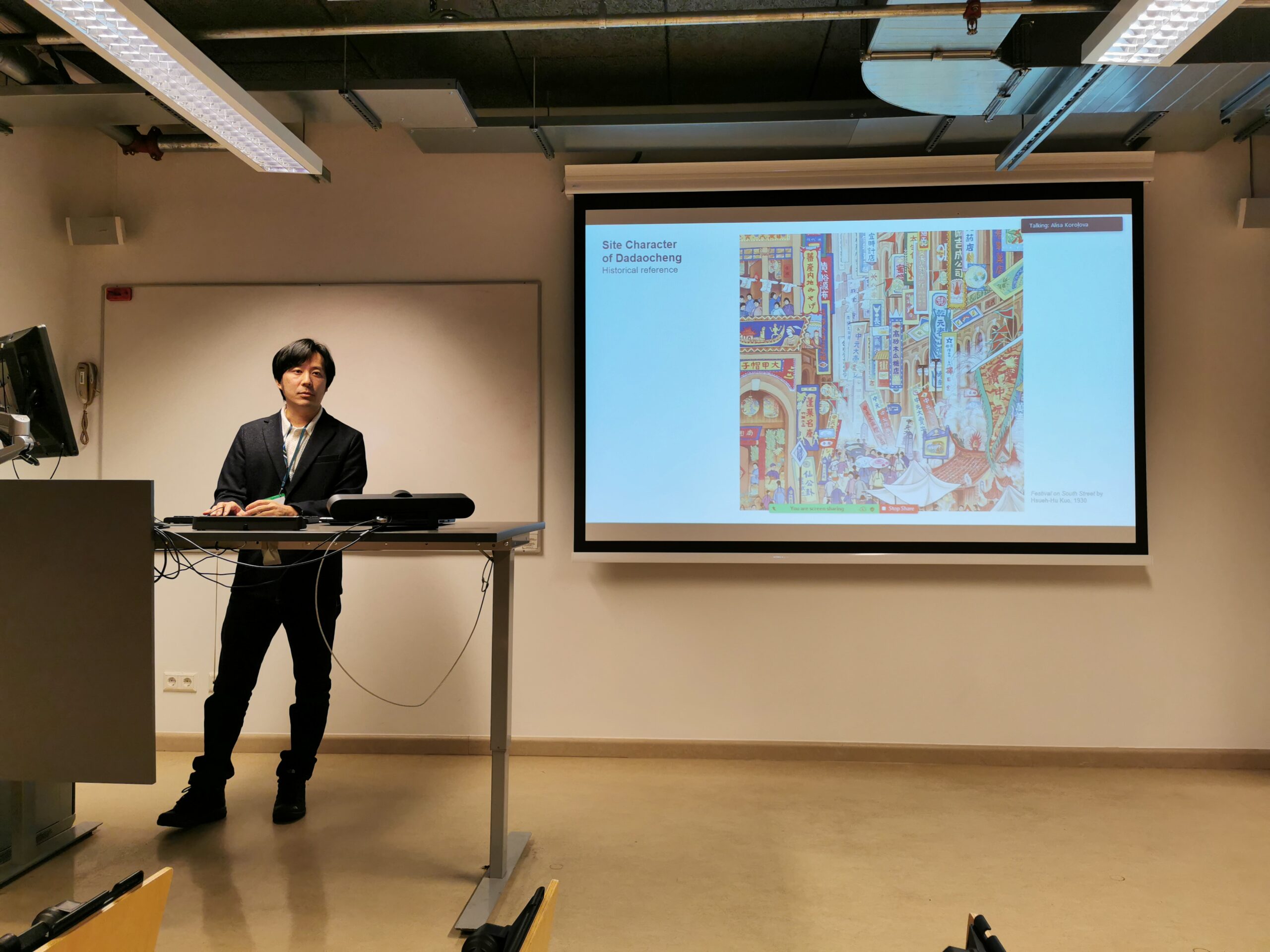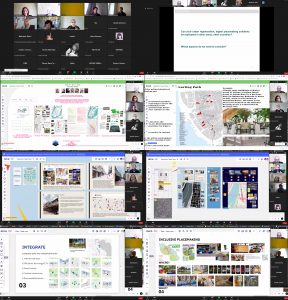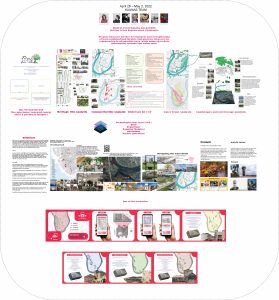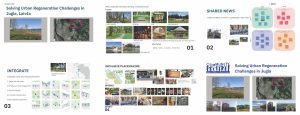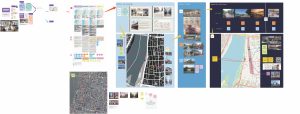UP-TO-DATE INFORMATION SYSTEMS IN URBAN REGENERATION
The goal of this project is to create a comprehensive framework of urban regeneration using up-to-date information systems, which will explain the interrelation between these two issues, their cross impact and which gives seeds for further development of practical solutions.
The project is aiming knowledge exchange between partners regarding urban regeneration issues using up-to-date information systems. As a result, leading to understanding of regional peculiarities in this question and combining international and interdisciplinary knowledge to offer solutions and form basis for further research. By analysing selected case studies (in Riga, Kaunas and Dadaocheng district of Taipei) partners will come up with definition of current role of city authorities, NGOs, local citizens, industries and other stakeholders in urban regeneration using ICT. Having similar problems with fragmented digital information and unorganised use of various smart tools, partners will analyse regional reasons of this situation and directions which can be followed to solve this problem.
Knowledge exchange, problem solving, and development of solutions is going to be organised in various ways:
• Local workshops for project research team and young researchers;
• Local workshops inviting interested actors, like NGOs and/or industries;
• International hackathon to discuss challenges of urban regeneration from each partner’s case study and develop solutions;
• Project meetings;
• Project international conference open to public.
The project will result in guidelines (framework) for more effective use of digital tools and balanced engagement of different actors, like NGOs or industries in urban regeneration.




